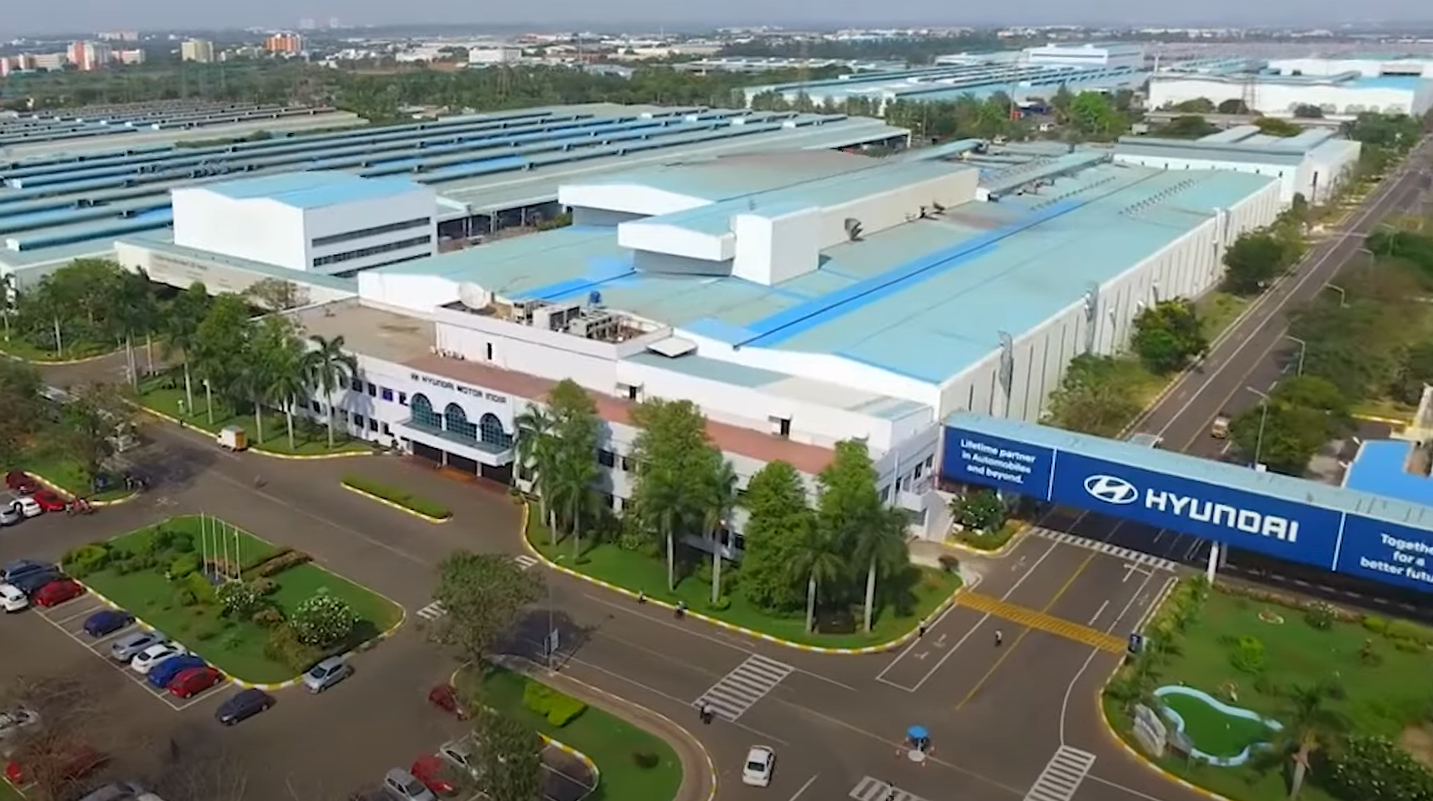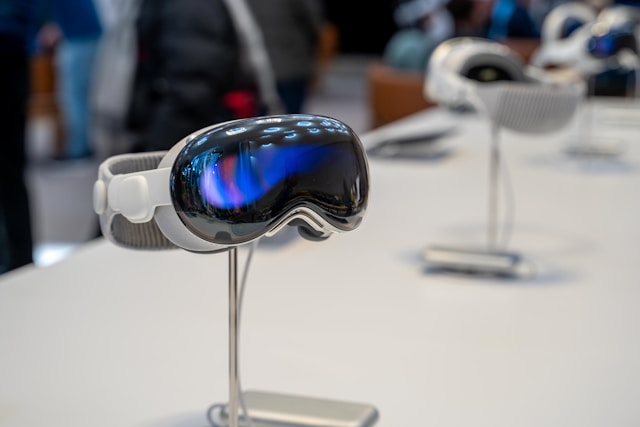Hyundai Motor Co. has initiated the construction of a cutting-edge electric vehicle (EV) plant in Ulsan, South Korea, with plans to manufacture 200,000 cars per year. The groundbreaking ceremony, held at the site of Hyundai’s inaugural auto plant built in 1968, marked a significant milestone for the company’s commitment to electric mobility.
Key Details:
Production Plans: Hyundai’s new plant, situated within the existing Ulsan factory complex, is set to commence operations in the first quarter of 2026. The luxury Genesis large-size sport utility vehicle will be the flagship model rolling off the assembly line.
Investment and Facility: With a substantial investment of $1.5 billion (2 trillion won), the facility will cover an expansive area of 548,000 square meters, located at a former motor racing circuit. This addition bolsters the existing Ulsan factory’s annual production capacity of 1.4 million cars.
Community Support: The groundbreaking ceremony drew notable attendees, including politicians, the city mayor, and Hyundai workers, reflecting the significance of the new EV plant to both the union and local officials. Mayor Doo-gyum Kim emphasized the city’s reliance on Hyundai, expressing gratitude and support.
Strategic Vision: Hyundai’s Executive Chair Chung Euisun highlighted Ulsan’s historical importance to South Korea’s automotive industry, affirming that the EV-dedicated plant would incorporate smart mobility technology, enhancing workplace efficiency and safety.
Global EV Expansion: In addition to the South Korean plant, Hyundai is actively pursuing its EV strategy globally. An EV plant is under construction in the United States, aligning with President Joe Biden’s Inflation Reduction Act. Meanwhile, Kia Corp., an affiliate, is establishing an EV plant in Hwaseong, South Korea.
Future EV Targets: Hyundai Motor Group, overseeing Hyundai, Kia, and Genesis brands, aims to scale annual EV output in Korea to 1.51 million cars by the end of the decade. This ambitious goal represents around 40% of the group’s anticipated global EV production, totaling 3.64 million vehicles.
Industry Outlook: Despite recent concerns about slowing demand in the EV market, Hyundai’s Chief Executive Officer, Jay Chang, remains optimistic about the global industry’s shift toward electrification. Chang emphasized the company’s commitment to studying infrastructure and addressing charging inconveniences, asserting that EVs continue to lead the automotive trend.










Leave a Reply